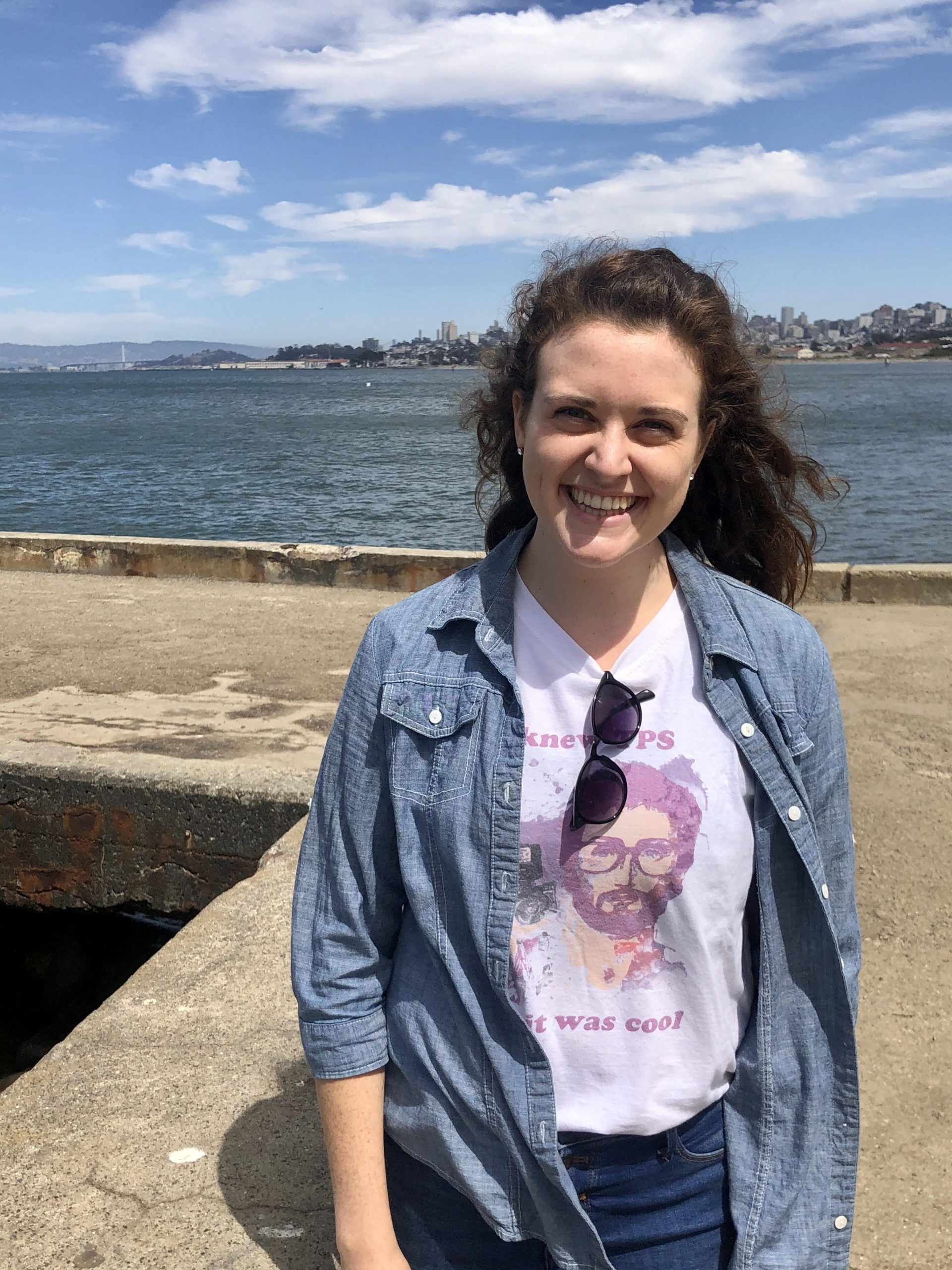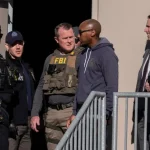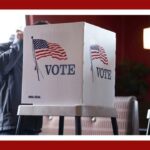
After a mass shooting took place on the New York City subway, the city is exploring the possibility of putting gun detectors in the subway.
In April, a train car filled with smoke as it pulled into a Brooklyn station. Then a gunman opened fire, and multiple people were wounded.
In order to prevent more future attacks like that, Mayor Eric Adams has floated the idea of installing gun detectors.
But there are some complications to this plan.
In theory, it’s great to stop deadly attacks on the New York subway.
Trending:
But logistically and constitutionally, it’s a problem.
To begin with, the idea of having gun scanners in the subway would be logistical chaos, The Associated Press reported.
Scanners would need to be accompanied by human operators in order to actually confront anyone who might have a gun.
“Logistically, it would be a nightmare. You’re going to have to tie up a lot of officers doing this,” said James Dooley, a retired New York Police Department captain who served in the department’s transit division.
Do you think New York’s gun laws are too restrictive?
Yes: 75% (6 Votes)
No: 25% (2 Votes)
“We have hundreds of stations, and the fact of the matter is that putting someone at every entrance to every station is logistically impossible.”
But Adams still wants to try it out.
“We want to be able to just pop up at a station someplace so people don’t know it’s there,” Adams said, “similar to what we do when we do car checkpoints.”
But aside from this being almost completely unpractical, it is an ethical issue.
If New York City gives itself the power to start screening people on the subway for guns, where is the line drawn?
The argument for safety and protection can always be abused since it’s so well-intentioned.
But what if New York decided that certain T-shirts are offensive and therefore a risk to public safety? Does that give the city the right to start banning T-shirts?
That’s an extreme example, of course, but when the government gives itself the power to start acting in the name of protection and safety, it becomes harder and harder to draw the line between what is helpful and what is abusive.
If it were the government’s job to make sure everyone was always as safe as possible from every threat — everywhere they went — then no one would be allowed to leave their house.
The world is full of risks and no one can avoid them all. It’s impossible and entirely impractical, just like this idea of screening for guns on the subway.






